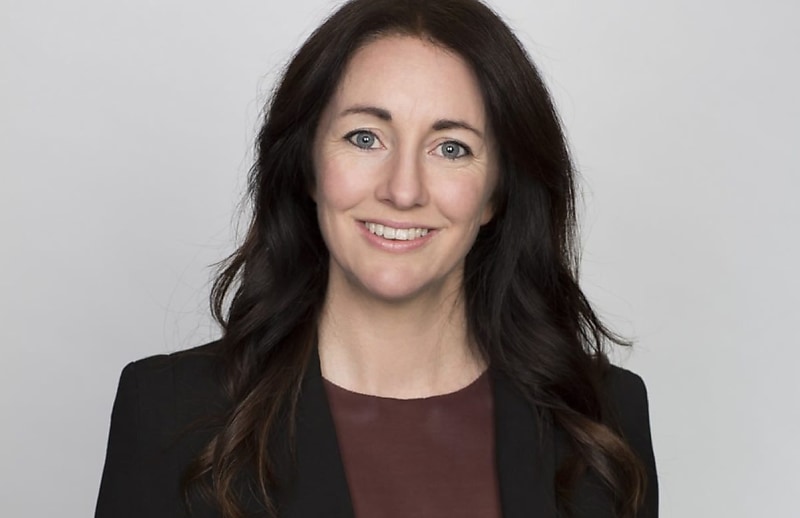ASFA defends super scam reputation against ASIC
SuperThe peak super body has clapped back at ASIC for “misleading” commentary claiming the superannuation sector is experiencing an increase in scams.

The Association of Superannuation Funds of Australia (ASFA) is defending the security of the superannuation system and scam protection methods following commentary from ASIC claiming it was weak.
Last week, an open letter signed by commissioner Simone Constant stated superannuation trustees’ anti-scam practices were insufficient.
ASIC also claimed that none of the 15 superannuation trustees included in its review had an organisation-wide scams policy to protect its customers.
ASFA CEO Mary Delahunty revealed that the association had pushed back against ASIC for this commentary as it ignored the significant steps the sector had taken to protect super savings effectively.
“ASIC’s letter to superannuation trustees, released first to the media, seemingly ignores the super sector’s proactive measures to tackle these rare super scams, measures of which ASIC is aware of,” Delahunty said.
“ASIC appears to have come to the confusing conclusion that no evidence of scams existing or increasing means that the scammers are winning – instead of the other more reasonable conclusion, that the work of super funds and their service providers is effective.”
The super body said it wanted the public to know that it was “important to know the facts” and in 2024, out of the 11,000 scam reports received by AFCA, only 0.18 per cent of them were related to super.
ASFA highlighted superannuation funds as one of the safest places in the country to have money stored, as the only way to move super monies out of the system was through the banking system.
Delahunty said it was difficult for scammers to access super money as banks had a rich data system to help identify scams and fraud, which ASIC also noted in its open letter.
“Unlike banks or other financial institutions, our superannuation funds are unique because an individual’s money is held in a trust and is preserved and protected until that individual reaches retirement age or meets a condition of release, like release on compassionate grounds,” she said.
“Australia’s superannuation account holders shouldn’t be alarmed: the sector is taking action now to future proof against any potential risks, even though scams are incredibly rare in the superannuation sector.”
In September 2024, ASFA launched the Financial Crime Protection Initiative (FCPI) to bring together senior leaders from superannuation, super security, scams and fraud to help secure the sector against financial crime and scams.
Additionally, the super sector has also supported and participated in the government's Scams Prevention Framework and Cyber Security Package to uphold the integrity of the super system.
Delahunty said despite ASIC having failed to highlight the sector's work in protecting funds, ASFA and the super sector would take all feedback on board.
“The superannuation sector isn’t sitting back and taking our very low rates of scams and financial crime for granted, we note the specific concerns ASIC has identified in their letter today and we commit, through the FCPI, to working on these,” she said.
“All of us – government, superannuation funds and regulators – need to work together to protect Australians’ retirement savings from scammers. We should avoid alarmist and confusing messages and help the people of Australia better recognise what a scam might look like in super to empower people.”




